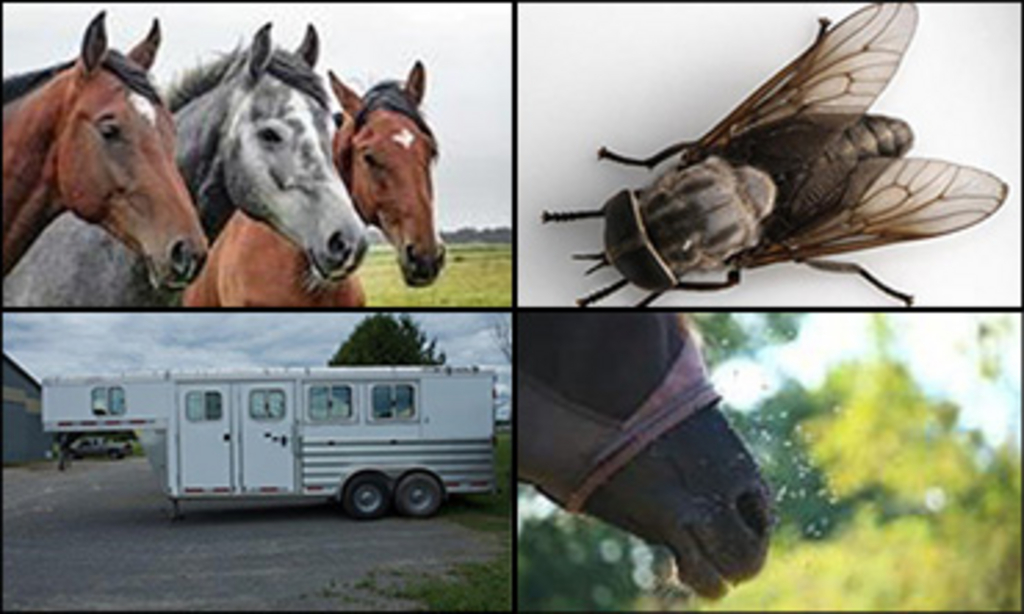Equine Infectious Anemia Report

A report from the Canadian Food Inspection Agency (CFIA) provides an update from the working group tasked to design a national framework on Equine Infectious Anemia control.
Equine Infectious Anemia (EIA) is a persistent and incurable viral disease of equines (i.e. horses, donkeys, mules, zebras) which has nearly worldwide distribution. There is no available vaccine or treatment for EIA. It is a World Organisation for Animal Health (OIE) listed disease and has been on Canada’s list of reportable animal diseases since 1971.
Subsequent to the release of an EIA program discussion paper in 2015 and the interest expressed by Canadian equine stakeholders to work collaboratively with the Canadian Food Inspection Agency (CFIA), a working group (WG) was formed. The members were asked to provide their input into the development of a new national disease control program which would address some previously identified challenges. The WG was composed of federal, provincial and industry representatives from all regions and their work and recommendations are outlined in this document.
The WG unanimously endorsed the implementation of mandatory EIA testing associated with some movements of horses in western Canada. It was determined that the CFIA is the only stakeholder who can require this type of testing however, the CFIA only has this authority if a primary zone for EIA is declared by the federal minister. As a result, the WG endorsed the declaration of a primary zone for EIA in Canada.
Implementation details including zone location, which movements will require mandatory testing, permitting and enforcement will be developed during the next phase of program design and with input from stakeholders. In addition, the scope of CFIA’s disease response activities will need to be redefined to account for a shift in resources towards the implementation and maintenance of the zone.
The proposed redesigned program will be released for stakeholder comment once implementation planning is complete. This is expected to occur in 2017 with the goal of implementing the new program in 2018.
The full report from the working group is available here or embedded below.
(with files from CFIA)

